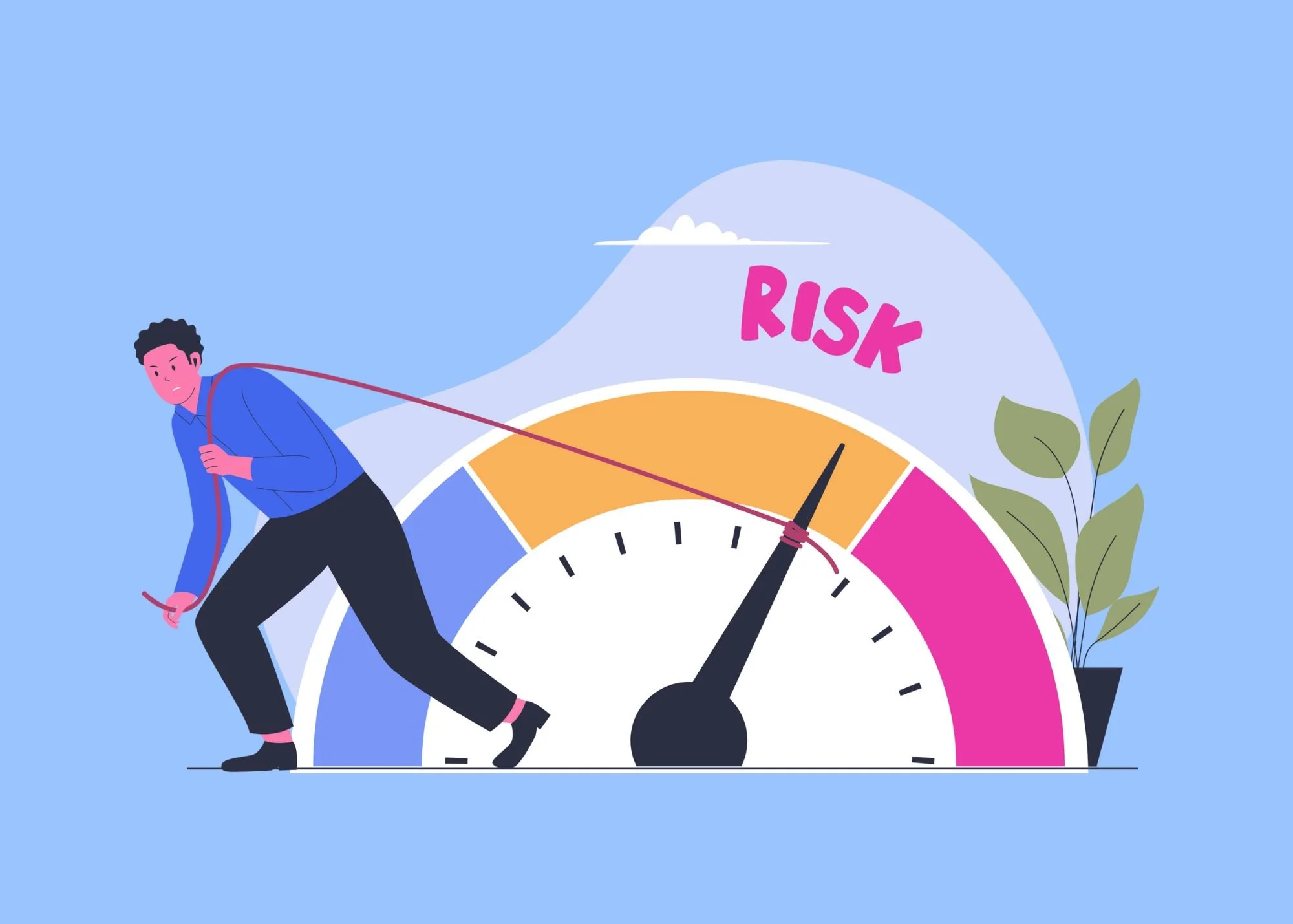Failing Forward: Why Failure is the Fastest Path to Growth (and Why You Need to Get Over the Fear)
The Problem: You’re Terrified of Failing
You hate failing. You’ll go to great lengths to avoid it. You double-check your work, triple-proof your emails, and stay safely within the boundaries of what you already know you’re good at. Maybe you even hold back from going after what you really want because the idea of failing—especially in public—makes your skin crawl.
And it makes sense. Many of us have been conditioned by past experiences, toxic work cultures, and even childhood traumas to believe that failure is something shameful. That perfection is the only acceptable outcome. That if you don’t get it right the first time, you might as well not try at all.
But here’s the problem: Avoiding failure is also avoiding growth. If you’re never failing, you’re not pushing yourself hard enough. You’re coasting. And coasting doesn’t get you anywhere except exactly where you are right now.
Strength Training 101: You Have to Fail to Find Your Max
Let’s talk strength training for a second. If you want to find your 1-rep, 3-rep, or 5-rep max, you don’t just pick a random number and hope for the best. You push your limits. You lift until you fail. Because until you hit that point, you don’t actually know how strong you are.
Failure isn’t a sign of weakness—it’s a data point. It tells you exactly where your edge is. And once you know that? You can start working right at that edge to push it further. Strength, growth, and mastery are built in the space just beyond what you can currently handle.
The same principle applies to every meaningful area of life—career growth, personal development, even relationships. You don’t build resilience, competence, or real confidence by playing it safe. You build them by taking smart risks, failing, learning, and iterating.
The OKR Method: How High Achievers Are Supposed to Fail
For all my ambitious, high-achieving readers, let’s talk about OKRs (Objectives and Key Results). If you’ve worked in tech, corporate strategy, or any kind of goal-driven environment, you’ve probably encountered them. The whole point of an OKR is that your objectives should be ambitious—so ambitious that you shouldn’t be hitting 100% every time.
If you’re consistently hitting a perfect score on your OKRs, guess what? They weren’t ambitious enough. In the truest methodology, a 100% completion rate means you played it too safe. The real magic happens when you aim for something just beyond your current capacity, hit 70–80%, and then adjust and push further.
That’s iteration in action. That’s growth.
How to Get More Comfortable with Failure
So how do you get better at failing? You practice. Here’s how:
1. Reframe Failure as a Data Collection Process
Stop thinking of failure as an indictment of your worth. Start seeing it as information.
When something doesn’t work, it’s just a data point telling you what needs to be adjusted. Scientists don’t throw tantrums when an experiment doesn’t work; they tweak the variables and try again. Adopt the same mindset.
2. Fail Small, Fail Fast
You don’t have to jump straight into catastrophic, life-altering failures to build resilience.
Start small. Take low-risk opportunities to test things out. Try a new project at work where the stakes are manageable. Put yourself out there in a way that feels slightly uncomfortable but not overwhelming. Get used to the feeling of falling short, learning, and adjusting.
3. Adopt a “Challenge Mindset”
Research shows that how you frame a situation impacts your stress response. If you see failure as a threat, your brain reacts with avoidance and anxiety. If you see it as a challenge—a puzzle to solve—you shift into a state of focus and problem-solving.
The difference is perspective. Choose to see setbacks as challenges to rise to, rather than threats to your ego.
4. Seek Out Failure-Resilient Environments
If you’ve worked in a high-pressure, perfectionist environment (or grew up in one), your fear of failure might be deeply ingrained. Some workplaces punish mistakes so severely that employees stop taking risks altogether.
If you’re in that kind of environment, get out.
Surround yourself with people who understand that failure is part of growth—whether that’s in a new job, a mastermind group, or just a solid network of high-achieving but failure-friendly peers.
5. Detach Your Identity from Your Performance
You are not your wins. You are not your losses. You are not your quarterly performance review or the number of likes on your last post. High achievers often tie their self-worth to their achievements, which makes failure feel personal. It’s not.
It’s just part of the process.
Why Perfectionism Is Just Fear in Fancy Clothes
Perfectionism might feel like a virtue, but let’s call it what it really is: Fear. Fear of judgment, fear of inadequacy, fear of not being enough. And the worst part? Perfectionism is a creativity killer. It stops you from taking action, trying new things, and iterating your way to excellence.
The people who achieve the most aren’t the ones who got everything right on the first try. They’re the ones who kept going, kept testing, and kept improving. They weren’t scared to look stupid for a minute because they knew it would make them better in the long run.
Final Thought: Fail Harder
If you’re not failing, you’re not growing. You’re playing it safe. And if playing it safe was the path to greatness, you’d already be where you want to be.
So stop waiting for perfect conditions. Stop waiting until you’re “ready.” Start pushing your limits. Lift until failure. Aim high, miss, and adjust. Fail forward.
Because the people who aren’t afraid to fail? They’re the ones who win in the end.
Article References
The sources cited in the article:
Forbes. "The Art of the Comeback: Building Resilience in the Face of Setbacks." Forbes - The Art of the Comeback
Psychology Today (PT). “Making the Most of a Failure.” PT - Making the Most of a Failure
Forbes. “Why Failing Is An Important Part of Success.” Forbes - Failing is an Important Part of Success
Harvard Business Review (HBR). “Research: Setbacks Can Actually Boost Your Career.” HBR - Setbacks Can Boost Your Career
Harvard Business School. “Thriving After Failing: How to Turn Your Setbacks Into Triumphs.” Harvard - Thriving After Failing
Harvard Business Review (HBR). "Failure is Hard, But Not Near As Hard As Learning From It." HBR - Learning from Failure
Psychology Today (PT). “New Research on How to Overcome Setbacks.” PT - How to Overcome Setbacks






